Search Results for 'Tim Robinson'
20 results found.
Resilience and community - Clifden Arts Festival starts next week

Despite the devastating impact of last week's floods, the 43rd Clifden Arts Festival will go ahead, with a spirit of resilience and sense of community ensuring the continuation of Ireland’s longest running community arts festival.
‘A pale granite dream, afloat on its own reflection’
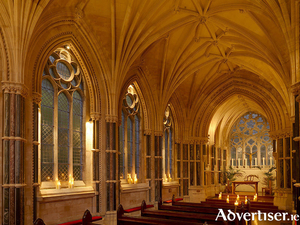
Mitchell Henry’s final days in Kylemore were sad ones. His adored wife Margaret had died at 45 years-of-age, and rested in a simple brick mausoleum in the grounds of his palatial Kylemore Castle. His political life, into which he put a great deal of personal effort, advocating on behalf of all Irish tenants the rights for them to own their own land, was out manoeuvred by Charles Stewart Parnell and the Land League. Henry described the Land League methods as ‘dishonest, demoralising and unChristian’. He probably was not surprised to lose his Galway seat in the general election of 1885. He blamed ‘Parnellite intimidation’.
‘It is not our mistress we have lost, but our mother.’
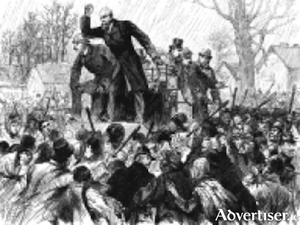
When Mitchell Henry entered Westminster parliament in 1871 he went with hope in his heart and a mission to tell the British people the circumstances of the Irish tenant farmer. He reminds me of the Frank Cappa film Mr Smith Goes to Washington where a naive, idealistic young man has plans to change America.* Mitchell Henry, a liberal, kindly man, had however, walked into a political cauldron, waiting to explode.
A fantasy of romantic days of yore
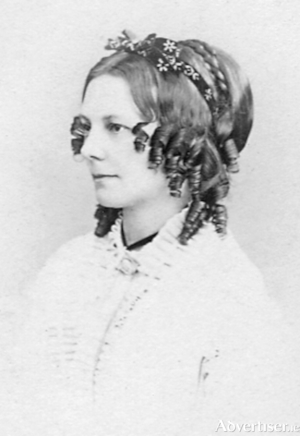
It must have been an extraordinary sight in the 1860s to see Kylemore castle rise from a bog in the heart of Connemara’s Twelve Pins, barely a decade following the devastation of the Great Famine. More than 100 men were employed, at a handsome wage of seven to 10 shillings a week, turning rough, soggy land, only good for shooting wild fowl and for fishing in its nearby lakes, into a magnificent building. Today it stands more like a palace than a castle, and is still a show-stopper on the Letterfrack road.
Hearing voices in the wind
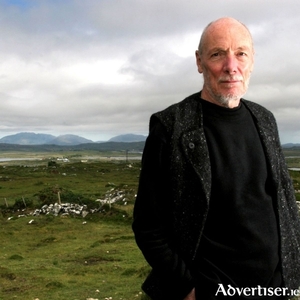
I have often wondered how the unusual name of Zetland found its way to the head of Cashel Bay in the heart of Connemara. It is, of course, the name of a well known hotel today. The hotel was founded in the closing years of the 19th century, by the son of a mountain farmer, JJ O'Loughlin, who had a canny instinct for business. The hotel was originally called The Zetland Arms, and before that The Viceroy's Rest. All these names allude to the hotel's distinguished patron Lawrence Dundas, Viceroy or Lord Lieutenant of Ireland from 1889 to 1902, in which year he became the Marquis of Zetland.
Pearse did not want its beauty to be wasted
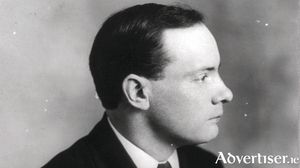
Reading Geraldine Plunkett’s description of a holiday she and her sister Fiona, and their brother Jack, enjoyed at Padraig Pearse’s cottage at Ros Muc in the summer of 1915, I get a glimpse of the relaxing life-style that welcomed Pearse there since he first came in 1903. In fact after Pearse wrote his famous oration, which he delivered with power and menace at O’Donovan Rossa’s funeral on June 29 1915, events swept him along to such an extent that he was never again able to visit the cottage.
The gentle warrior within the man
Between 1903 and 1915 Padraig Pearse spent as much time time as he could salvage from the press of affairs in Dublin at Ros Muc. In 1907 he built a cottage overlooking lake Eileabhrach. He became a familiar figure and popular in the neighbourhood. He was known affectionately as ‘An Piarsach.’ As well as his political speeches and editorials for An Claidheamh Soluis (The Sword of Light), he absorbed the culture and language of the people, and wrote short stories and poems.
The stranger standing at Maam Cross Station
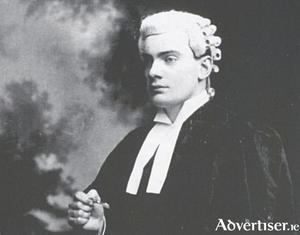
There was a humorous mix-up when Pádraig Pearse first visited Ros Muc in 1903. He was 24 years of age, and already imbued by a passion, and a vision for the Ireland of the new century. *
'Poetry can illuminate people’s lives'
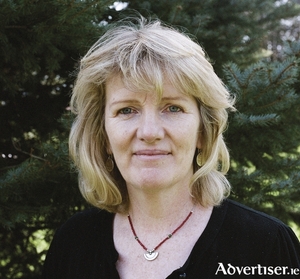
Among the attractions of the upcoming Clifden Arts Festival is the launch of the latest poetry collection by Moya Cannon, entitled Keats Lives and published by Carcanet Press. It is also something of a homecoming, as Moya was a long longtime stalwart of Galway’s literary scene.

